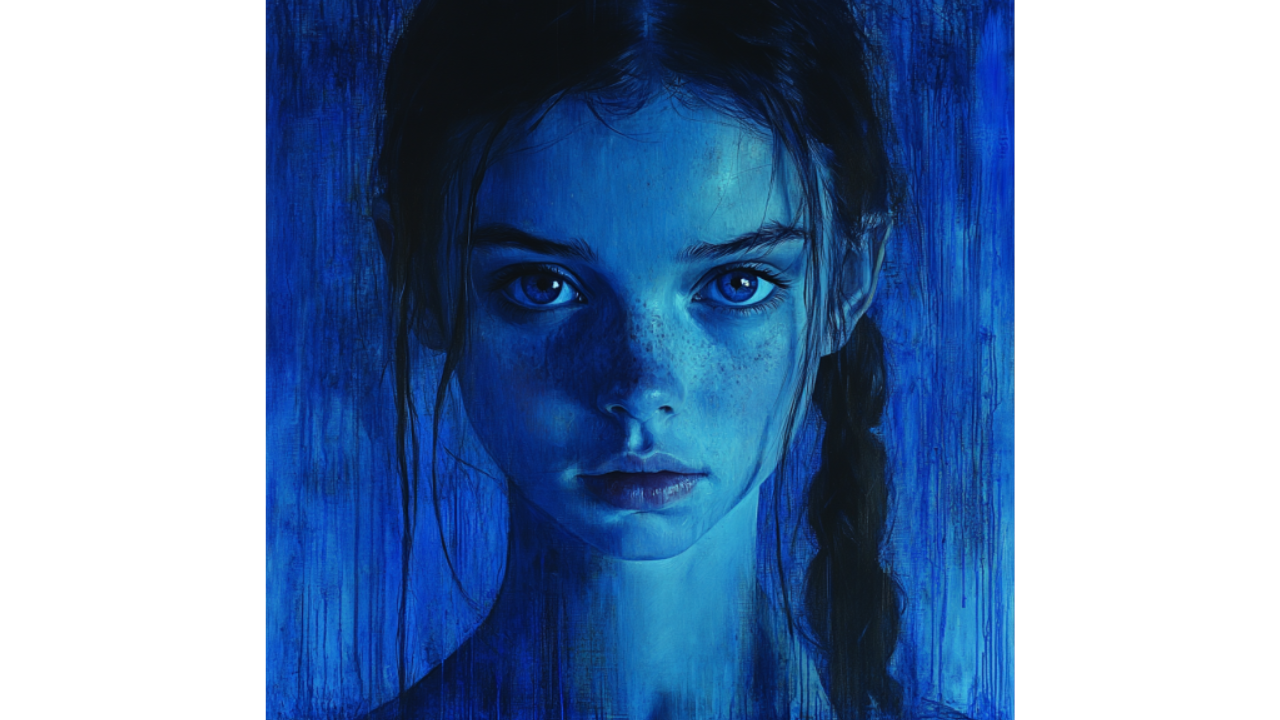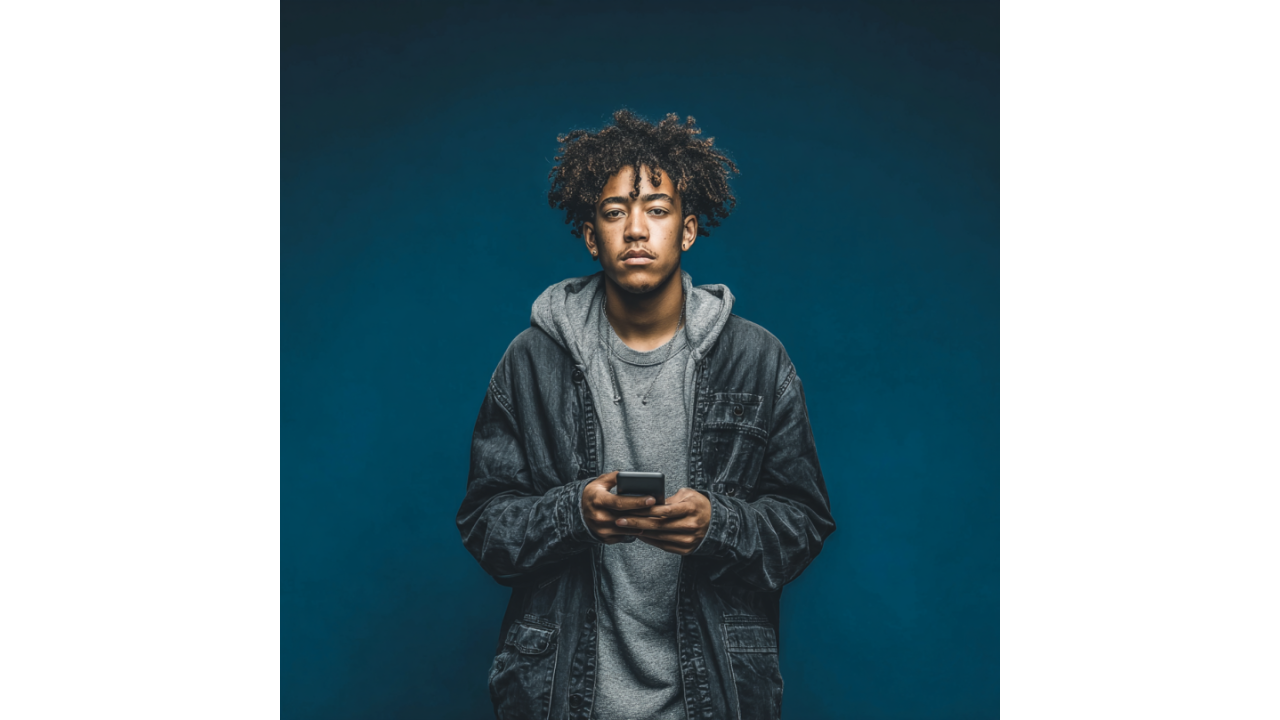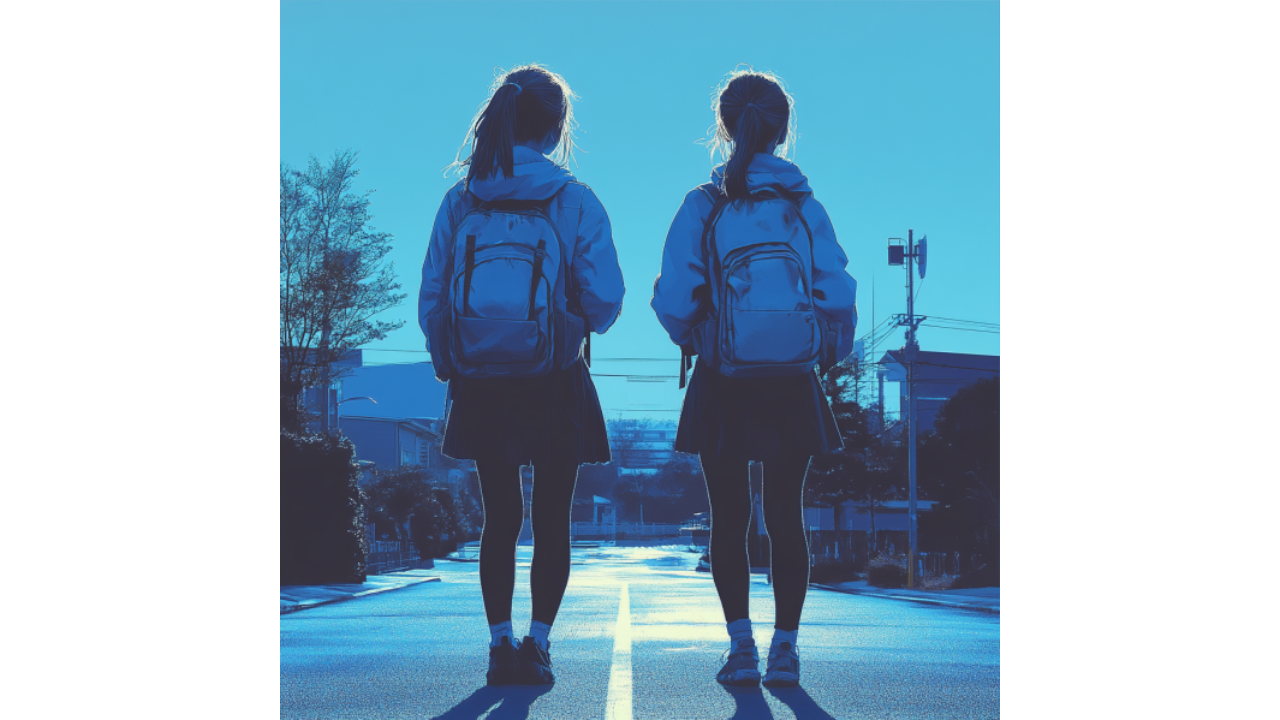Why Autistic Consumers See Through Performative Inclusivity
Your brand posted a puzzle piece graphic for Autism Awareness Month with the caption "We celebrate neurodiversity."
3 min read
 Neurodivergence Writing Team
:
Nov 25, 2024 5:19:07 PM
Neurodivergence Writing Team
:
Nov 25, 2024 5:19:07 PM

Celebrities and influencers who share their ADHD, ADD, AuDHD (Autism and ADHD combined), or autism diagnoses are reshaping the conversation around neurodiversity. Their openness fosters inclusion and inspires millions to embrace their identities.
Public figures with ADHD or ADD often use their platforms to inspire others and challenge misconceptions about neurodiversity.
The Olympic gymnast publicly disclosed her ADHD after her medical records were leaked in 2016. Biles revealed that she has taken medication for ADHD since childhood, emphasizing that it hasn’t held her back but rather empowered her to excel.
Brand Partnerships:
The lead singer of Maroon 5 and judge on The Voice has openly discussed his ADHD diagnosis. Levine shared his struggles with focusing and how the condition impacts his creativity and work.
Brand Partnerships:
The most decorated Olympian of all time, Michael Phelps, was diagnosed with ADHD as a child. He credits swimming for providing structure and focus in his life.
Brand Partnerships:
Prominent individuals on the autism spectrum are using their visibility to challenge stereotypes and inspire inclusivity.
The Academy Award-winning actor revealed his autism diagnosis in 2021 at the age of 83. Hopkins attributes his intense focus and unique approach to roles to his neurodivergence.
Brand Partnerships:
The world-renowned climate activist has been open about her autism, referring to it as her "superpower." Thunberg’s focus and determination are often attributed to her neurodivergence.
The Ghostbusters actor and comedian revealed that he was diagnosed with Asperger’s syndrome (now considered part of the autism spectrum) in childhood. He has used his neurodivergence as a strength, particularly in his creative endeavors.
Brand Partnerships:
Some celebrities navigate the unique blend of challenges and strengths that come with being both autistic and having ADHD.
The comedian and writer of Nanette has been candid about her experiences with both autism and ADHD. Her humor often draws from her personal life, creating a deep connection with audiences.
Brand Partnerships:
The model and TV personality has spoken about her AuDHD diagnosis, which came after her three children were diagnosed with autism. She has used her platform to raise awareness of how neurodiversity presents differently in women.
Brand Partnerships:
The actor and director revealed his AuDHD diagnosis later in life. Considine has spoken about how understanding his neurodivergence has shaped his creative process.
Brand Partnerships:
Social media influencers are powerful advocates for neurodivergent individuals, often leveraging their platforms to build awareness and provide education.
A TikTok creator and advocate, Paige Layle uses her platform to educate others about being an autistic woman with ADHD. Her content often debunks stereotypes and highlights underrepresented experiences.
@paigelayle #sponsored thank you Whirlpool brand @Whirlpool Canada and Magnusmode, link in bio for more 💝 #WhirlpoolBrand #MagnusCards #Magnusmode #Accessibility #PaigeLayle
♬ sonido original - SONIDOS LARGOS
Brand Partnerships:
Known as the “ADHD guy” on TikTok, Connor DeWolfe creates humorous and relatable content about living with ADHD. His skits and educational videos resonate with millions.
@connordewolfe Tag a friend to do this with #adhd #fyp #adhdtips #comedy #lifehack
♬ original sound - Connor DeWolfe
Brand Partnerships:
A YouTube content creator and autism advocate, Purple Ella shares her journey with autism and ADHD. Her videos focus on parenting, neurodiversity, and mental health.
Brand Partnerships:
Major brands are recognizing the value of neurodiversity and partnering with neurodivergent individuals to create more inclusive products and campaigns.
Microsoft has a long-standing commitment to neurodiversity through its inclusive hiring programs and products designed for accessibility.
Example:
LEGO has introduced sensory-friendly products like LEGO Braille Bricks to make play more inclusive for children with autism and other neurodivergent conditions.
Target’s sensory-friendly clothing line, Cat & Jack, features tagless shirts, flat seams, and inclusive sizing for children with sensory needs.
The increasing visibility of neurodivergent individuals has sparked a movement toward greater understanding and inclusion.
Public figures and brands advocating for neurodiversity are helping to destigmatize differences, promote inclusivity, and create a more equitable society. Their collective efforts ensure that everyone feels seen and valued.

Your brand posted a puzzle piece graphic for Autism Awareness Month with the caption "We celebrate neurodiversity."
.png)
Imagine commuting to work. What should be an uneventful journey is interrupted by a series of jolting potholes, then a long, winding detour....

Marketing products designed for children on the autism spectrum requires sensitivity, empathy, and a deep understanding of the challenges faced by...